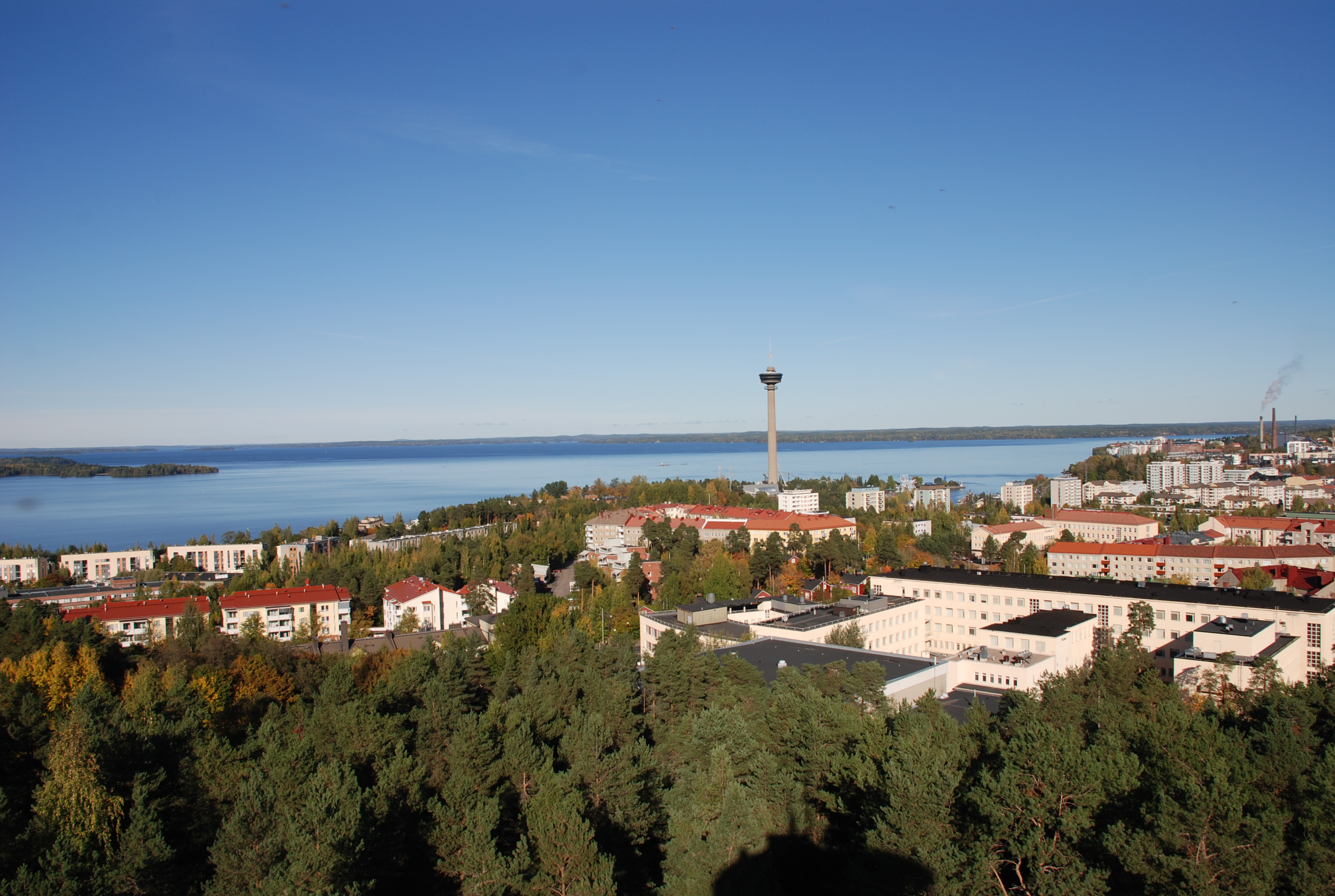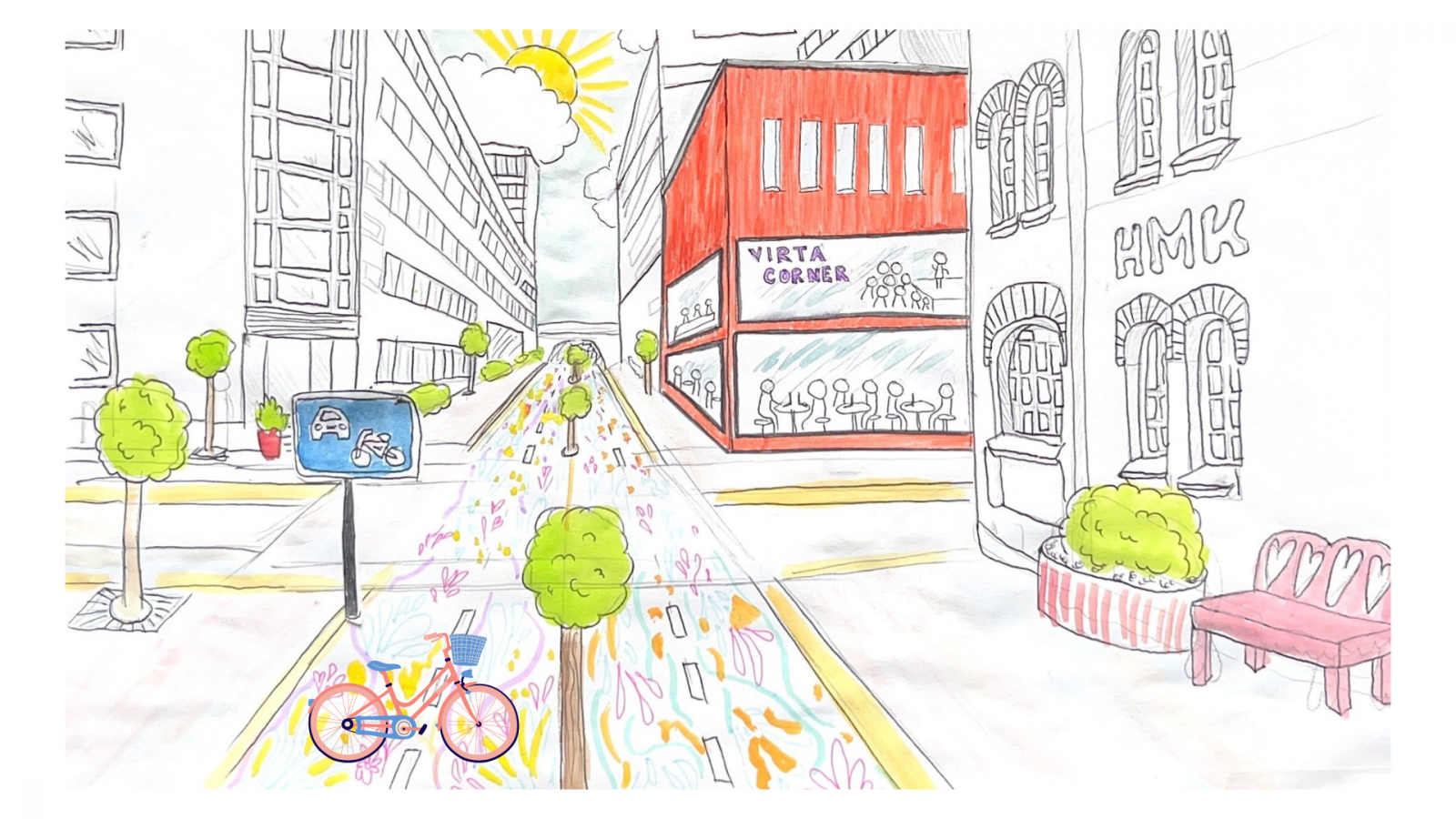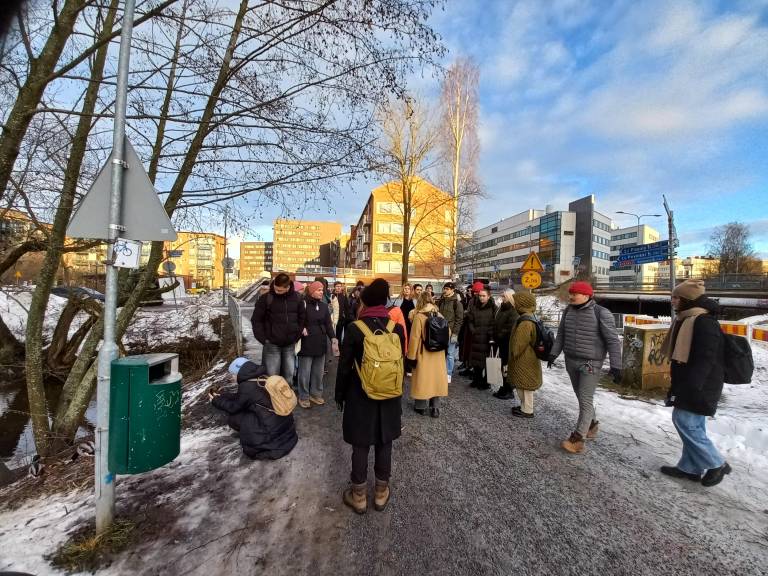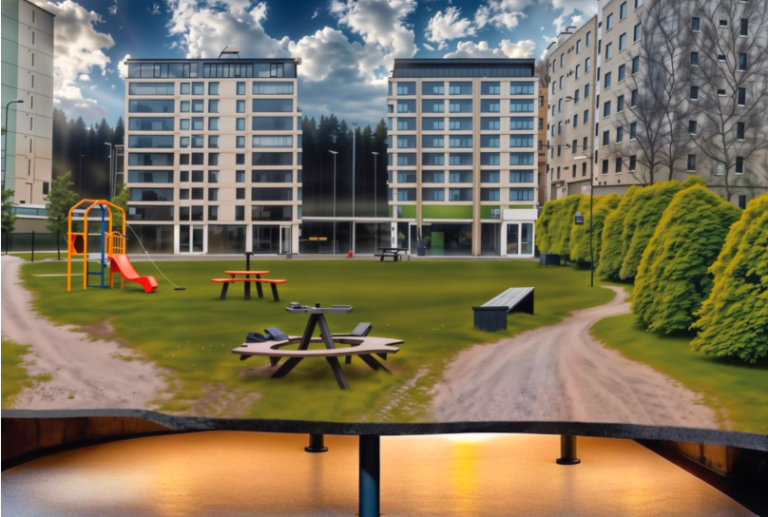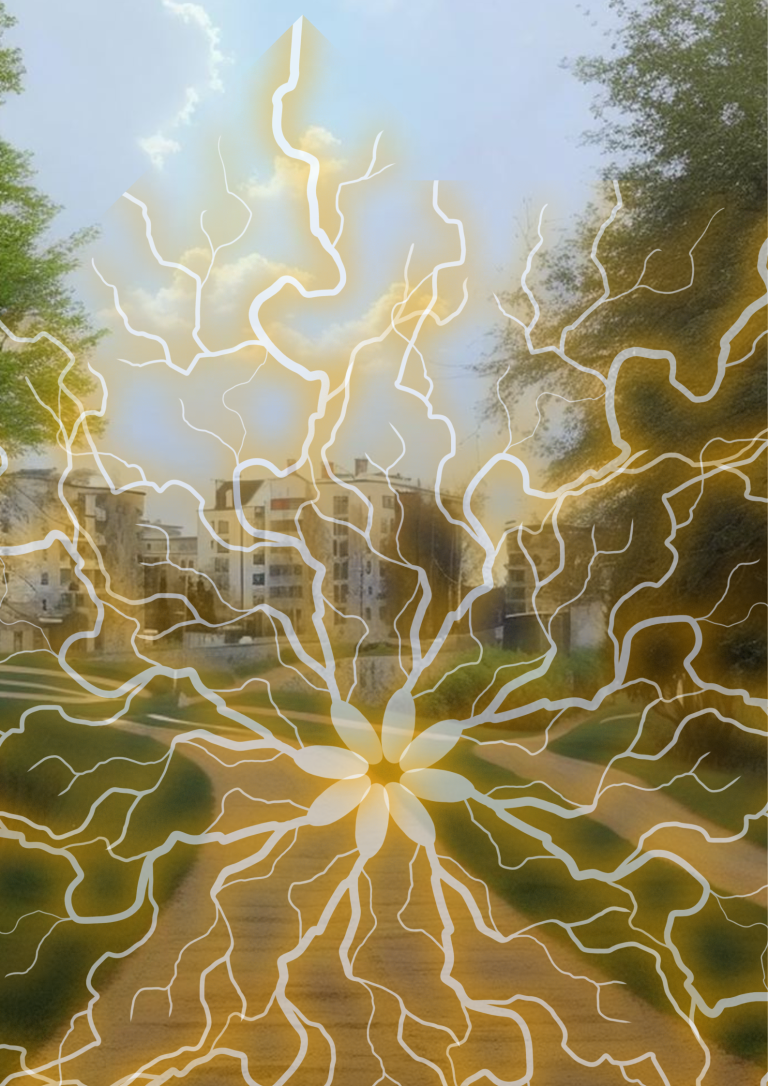The mere mention of the word “pitch” used to make me feel ill. Honestly. In my mind, pitching was reserved for high-pressure business scenarios, where success was based on who would deliver the most impressive and flawless quick presentation, there was no space for error. However, I started to think again, after we received a presentation on pitching by Dr. Ira Virtanen. Her insightful advice made me realize that pitching could in fact be an exciting and engaging way to present our project, not a dreadful and intimidating one. See, traditional presentations, lasting usually somewhere around 15 minutes is what I’m used to. There’s at least time to hit all the requirements for presenting the content. But when preparing our pitch on our group work, my group and I discovered that the constraints of a time-limited pitch allowed us to actually sculpt our saying into its essence, eliminating unnecessary detail that would not end up helping to bring the main point forward. Following Ira’s guidance, we rehearsed our pitch together as a group and gave support and suggestions on not only what we should say, but how we should say it. Speaking purposefully in an engaging way is also important to pitching and presenting in general, but I have not paid much attention to it until now. When the moment came to present, our group confidently delivered our ideas, sparking engaging discussions. Surprisingly, pitching had transformed from a dreaded monster in my head, into a dynamic and captivating presentation format that I could prefer over a traditional one.
Other major element of the Urban Lab project were posters. The poster was meant to showcase our group’s research findings and discussion of possible solutions for Tulli. Everyone in my group had made posters before, so most had an idea of what should be included and what it should look like. We decided to respect that experience, but also at the same time, embrace the “better poster-approach” recommended to us in the course. The approach emphasized focusing on a clear and impactful main finding, rather than overwhelming the poster with excessive text. This approach closely mirrored the principles of pitching, where the idea is that when the message is concise and clear, attention is easier to capture effectively. By condensing and refining the supporting text, we allowed the main message to take center stage. The outcome was a poster that effortlessly communicated our core ideas and fostered meaningful discussions.
I also want to say that Urban Lab 2 truly exposed us to completely unfamiliar tasks that pushed us beyond our comfort zones. One such challenge was data collection and analysis. Initially, our group felt tension and doubts, because we were unsure of our abilities to tackle data collection. What does it really mean in practice? How do we get started? But I think the doubts naturally come with almost everything new. As I mentioned in the beginning: when we are unsure of the outcome, it feels hard to even begin. It is like not being able to run the race, because you have not learned to tie your shoelaces yet. The fear of the unknown threatened to hinder our progress, however, we discovered that facing unfamiliar tasks was easier with the support of others. Therefore I am thankful for a) my group for figuring out together what ‘thematic analysis’ actually means and how to approach our interview participants and b) for the responsible teachers who went through the technicalities with us, such as how to write the required information sheet and what kind of questions are appropriate to ask considering our topic. This experience taught me the significance of seeking help and embracing collaboration, as humans can accomplish much more when we overcome our fear of showing when we do not understand and asking for assistance.
Overall, Urban Lab was a period of exploration and personal growth. The encouragement we got to try new methods in presentations, writing, and sharing our findings was at-first daunting but looking back, very rewarding. It was quite liberating to step away from the familiar patterns that had defined my academic journey thus far. Change may seem daunting, but it opens doors to unexplored potential and fresh perspectives. My experience in Urban Lab 2 taught me that it is never too late to try something different, whether it be pitching, better poster creation, or tackling unfamiliar tasks. By venturing beyond our comfort zones and seeking support from others, we can do more than we think. You should try it too!
Text and figure by Ellen Heinaro
This text has been written as part of a series of blogs by the SUD students, where they reflect on their experiences working together – and with people outside of the university – to develop their ideas for the Urban Lab.

